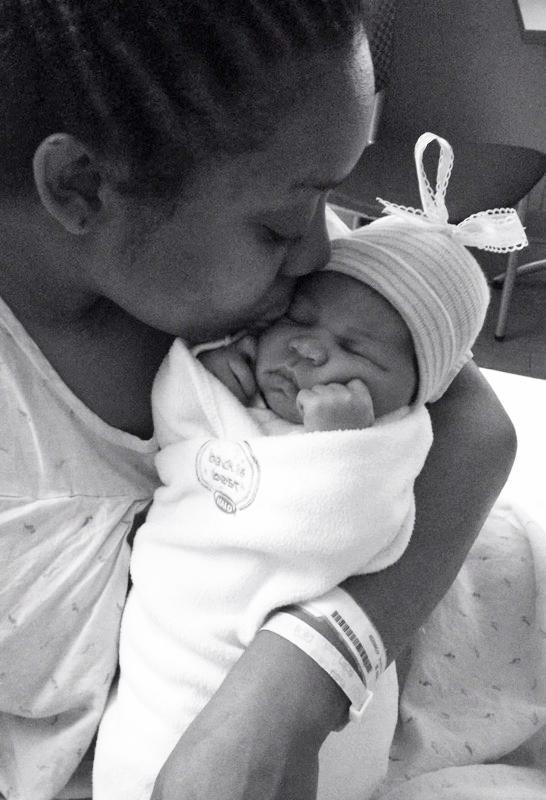Beginning Sunday, pregnant women in Minnesota’s prisons became eligible to avoid depriving infants of bonding with a parent shortly after birth.
In May, the state passed the Healthy Start Act, which allows pregnant mothers to serve their sentences in community alternatives, such as halfway houses or addiction rehabilitation centers. The change allows mothers and their babies to bond during what is recognized as a crucial period when nurturing is particularly important for the development of children.
Read Also: Sexual harassment: Biden urges New York Governor to resign
“The first-in-the-nation Healthy Start Act does what’s right for mothers and their children by keeping them healthy, and keeping them together,” Gov. Tim Walz said in a news release.
Nationally, there is no standard policy for what happens when a woman gives birth while incarcerated. Only recently have some states, like Minnesota, Georgia, and New York, banned the shackling of pregnant women during labor and childbirth, but advocates for imprisoned women complain that often guards are unaware of the change. Mason was shackled by mistake and released before she gave birth.
Nationwide, 4 percent of women in state prisons and 3 percent of those in federal prisons are pregnant at sentencing, according to the Child Welfare League of America. Depriving infants of bonding with a parent shortly after birth can affect the child’s cognitive, social and emotional development according to a 2016 analysis published by the National Institutes of Health.
The Healthy Start Act allows mothers to be with or in contact with their newborns for up to a year. While eight states have prison nurseries that allow mothers to stay with their newborns for one to three years after delivery, Minnesota’s new law is the first to offer the possibility of conditional release.
“We want to take a comprehensive approach,” said Paul Schnell, commissioner of the state Corrections Department. “We want to place mothers according to their need — where they can receive parenting skills, prenatal care, postnatal care, or mental health counseling. We know the healthier the bond is between mother and child, the more likely these women will be successful.”
Under the new policy, a pregnant incarcerated woman would apply for conditional release, which Schnell’s office would consider case by case.
The Corrections Department already works with the Minnesota Prison Doula Project, which sends doulas and other delivery specialists to Shakopee to support pregnant women.




 Premier League
Premier League